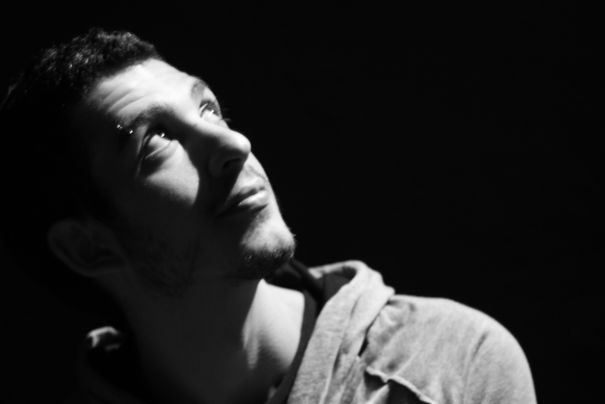Bottle Messages from Argentina’s Twilight Zone
By Iván Zgaib, Argentina

Iván Zgaib
1.
I write this with a tingling sense of fear. Every time I face an empty page or an unseen film, I feel this way: bubbly anxiety is awaken by the unexpected. It’s a sentiment that becomes especially heartfelt in a time when film criticism seems indistinguishable from a marketing campaign: cold, calculated and effective.
If I have to comment on my part as a critic, I should start by saying my writings feel like work-in-progress. They may still be maturing, but they are somehow trying to react against manufactured criticism. “Writing is the unknown”, Marguerite Duras once said. And so should be our approach to cinema, because like the best films criticism can also be an act of bravery.
2.
Whatever I do comes down to Córdoba, an old city of trees as dry as the hearts of its politicians. This is where I live and where film production and criticism have increasingly grown over the past years, taking away the exclusivity from Buenos Aires. And so my work is enhanced by a network of local film directors, technicians and critics who have formed this community.
Although extensively discussed, Córdoba’s cinema has usually been thought in an isolated way. Both its virtues and faults should be placed in the eclectic context of national films as a whole, which are still figuring out their way after the so called ‘New Argentine Cinema’, a renovation that took place between the 90s and the beginning of the 21st century. Nowadays, our films seem trapped in aesthetics that were new more than a decade ago.
3.
Nevertheless, Argentine cinema remains diverse as many interstices of creativity keep appearing. Two of my favourite films last year were made by recognized Argentinean women: Lucrecia Martel’s ZAMA and Anahí Berneri’s ALANIS showing the poetic and political potentiality of contemporary cinema. Moreover, two younger yet already established filmmakers like Matías Piñeiro and Alejo Moguillansky presented their most adventurous films so far, while newcomers like Julia Pesce, Teddy Williams and Vladimir Durán expressed distinctive cinematic gazes.
Such diversity is currently in danger. For the past two years, a conservative government led by President Mauricio Macri crystallized its political identity by repressing social protest and implementing a regressive economic adjustment. The Argentinean Institute of Cinematography, our most important source of film funding, has become the latest victim of public cost cutting.
Macri’s government won the elections by affirming it would bring ‘change’ to the Argentine people, but a hidden fear seems to be present towards anything implying an actual transformation. And I strongly believe cinema and culture can be just that. As the country faces violent times, both film artists and critics should engage in a deep discussion about the aesthetic and political state of our cinema. This is the moment: the empty and manufactured images of the government are asking for a reverse-shot.

